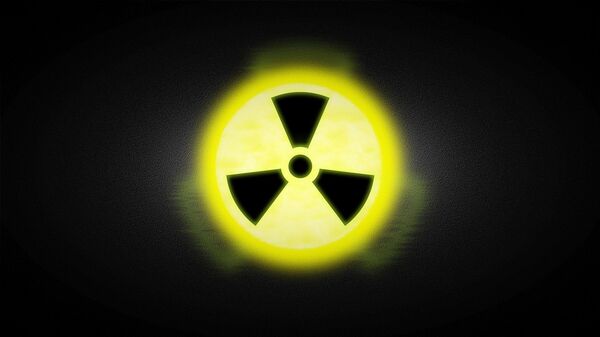"The radionuclide composition of the samples taken in Severodvinsk showed the presence of short-lived man-made radionuclides 91Sr (time of half decay T1/2 - 9.3 hours), 139Ba (T1/2=83 minutes), 140Ba (T1/2=12.8 days) and its daughter radionuclide 140La (T1/2=40 hours), whose decay products are radioactive inert gases," Rosgidromet said.
Earlier, Rosgidromet detected radioactive noble gases in air samples in this area. According to the agency, they were the reason for a short-term background radioactive increase on August 8, the day of the accident.
Now, according to Rosgidromet, "man-made radionuclides are not detected in samples of radioactive aerosols in the air and atmospheric fallout in the cities of Severodvinsk and Arkhangelsk."
The radiation situation has stabilised.
The blast at the military site occurred during the testing of a liquid-propellant rocket engine on August 8. Russia's State Nuclear Corporation Rosatom said the explosion and fire on an off-shore platform killed five of its employees and injured three.
The regional unit of the Ministry of Emergencies reported a few days after the explosion that the background radiation in the region was normal, judging by the samples of soil, water and sand.


